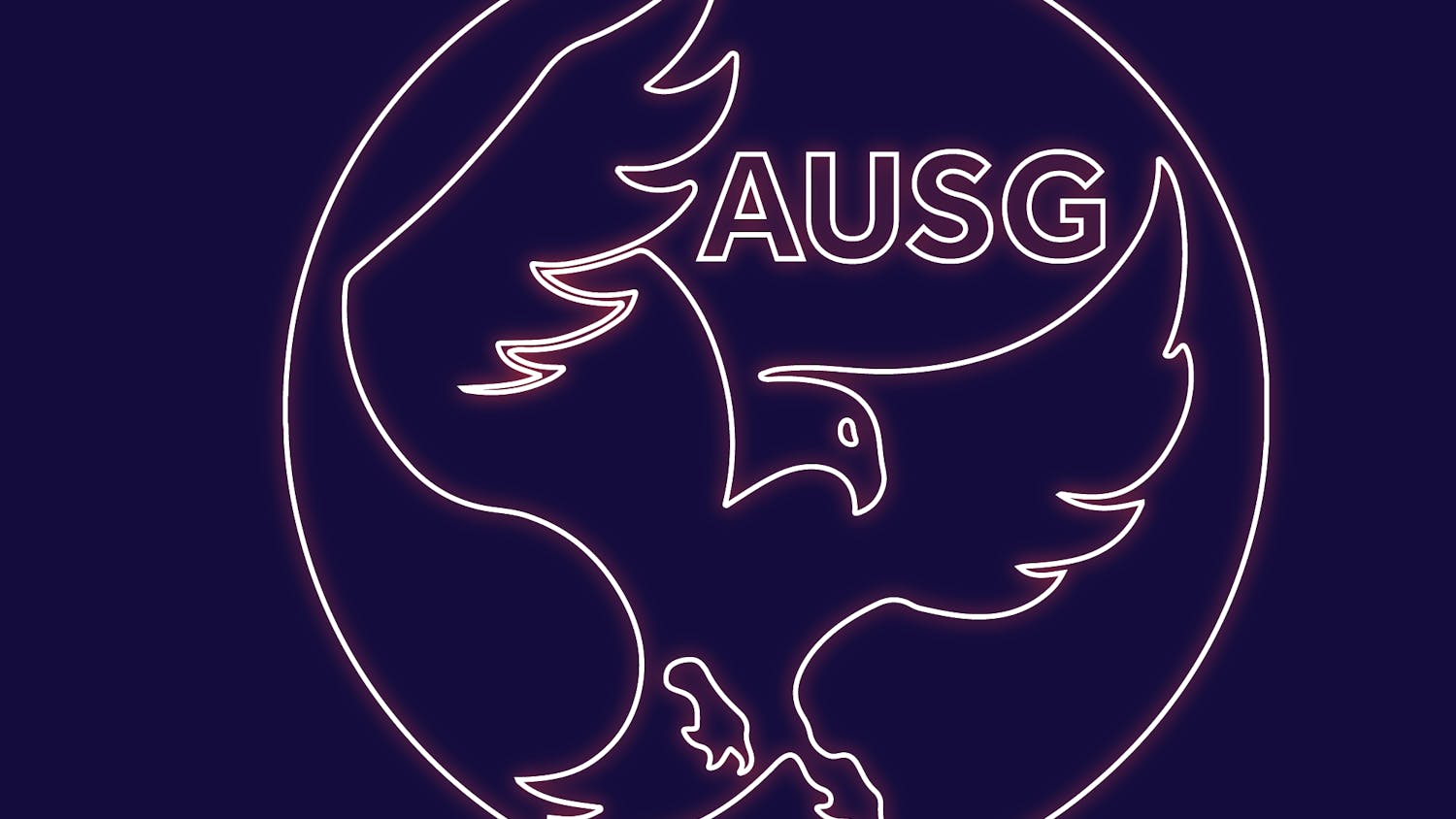Months of hard work and nail biting are finally coming to an end for 16 AU students this week as the Office of Merit Awards begins to notify students who got accepted to the Fulbright Program.
According to the Office of Merit Awards, nine AU students have made it through the first round and will be informed of this in the next few days.
The Fulbright Program is a highly selective, federally funded program that grants scholars the opportunity to participate in a variety of international exchange programs, according to the Fulbright Web site. The application process takes nearly a year of proposal writing and revision.
"I began working on my application nearly a year before it was due," said Alison Shott, a Fulbright applicant who graduated from the College of Arts and Sciences in December after spending last year studying abroad in Canada and Scotland.
"Between August and October, I completed at least a dozen drafts of both my application essays," she said. "I was lucky enough to have a handful of professors that spent countless hours working with me to develop my proposal."
Shott said she hopes to study electoral reform and political behavior on Prince Edward Island with the grant, a project she developed while in Canada.
"When I was traveling around the island I just fell in love with people and province," she said. "Though the Fulbright is primarily an academic scholarship, it is also an extraordinary opportunity to learn about, and become involved in, community and culture."
Meg White, a senior in CAS and another Fulbright hopeful, said she had to quit her part-time job last semester to make time to apply to the program.
"I went through at least six or seven drafts of my personal statement, and probably even more drafts of my proposal," she said.
White said she hopes to improve her German skills while working as a part time teaching assistant in a German high school while researching post-war reunification in Germany.
"I want to meet people, get involved in a new community and live really on my own in another country - no program, host family, or groups of other Americans," she said. "I have ideas about where the Fulbright will take me, but honestly, I could go anywhere with it. I've narrowed my goals through the application process."
Eve Bratman, an adjunct professor in the School of International Service and 2007 Fulbright Scholar, said she encourages this year's batch of Fulbright hopefuls to not be too distraught should the program decline them.
"If you have taken the idea to the level of applying for a Fulbright scholarship you have already developed all the necessary skills to conduct your own research," she said. "So, go for it."
Bratman said she used her Fulbright grant to conduct research in the Brazilian Amazon for her doctoral dissertation.
"I believe Fulbright creates greater cultural understanding," she said.
The Fulbright Program has two levels of consideration: the first stage narrows down the domestic applicants to a few who then compete in an international round with other applicants hoping to study in the same region.
You can reach this writer at news@theeagleonline.com.




